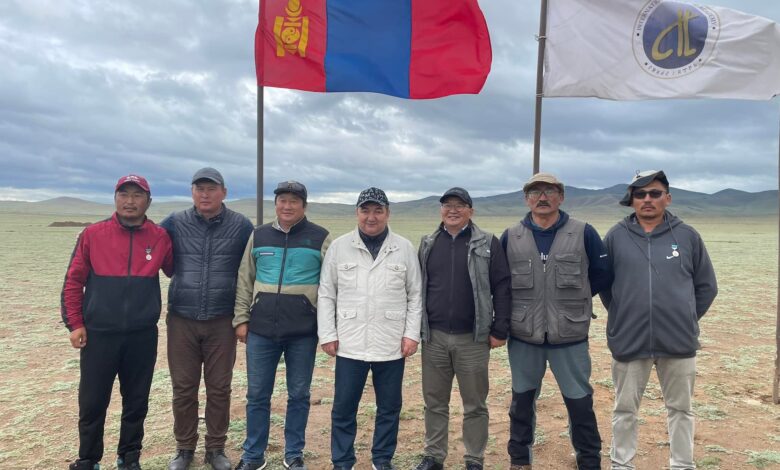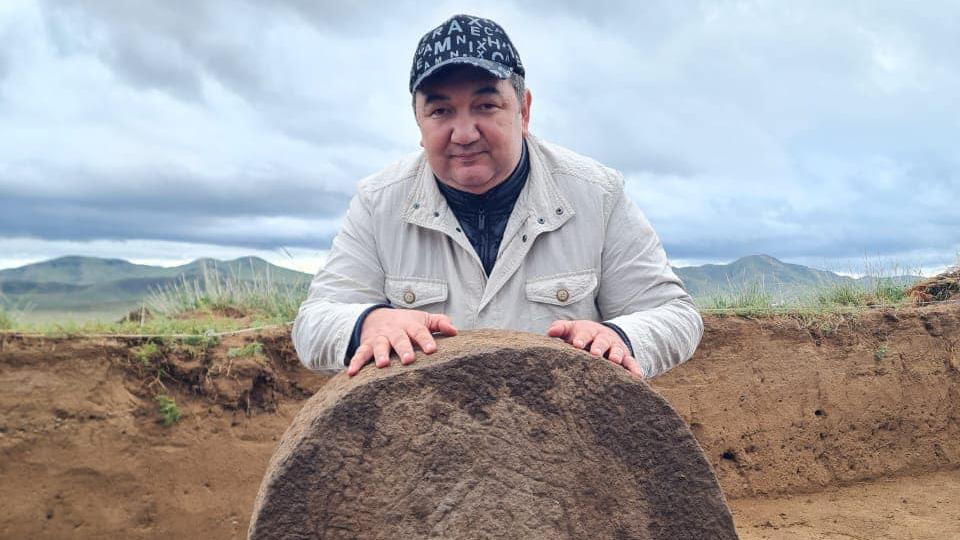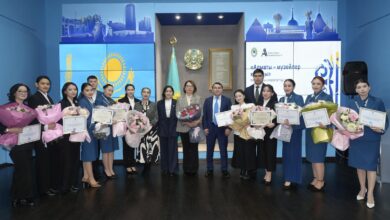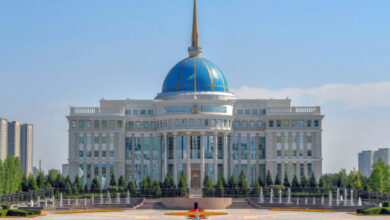Turkic inscription of Ilterish Kagan found in Mongolia
The inscription has been found in the joint scientific archaeological expedition of the International Turkic Academy and the Mongolian Archaeological Institute in the Nomgon Valley.

A monument complex and a new inscription of Ilterish Kutlug Kagan has been found at Hangai Jote in Mongolia’s Otuken region — an important discovery in the field of Turkology.
“We found the monument erected in the name of Ilterish Kagan, the father-in-law of our ancestor Bars Beg Kagan, the founder of the Turkic Khaganate, with the cooperation of the Turkic Academy and the Mongolian Archeology Institute,” International Turkic Academy said in a statement.
The inscription has been found in a joint scientific archaeological expedition of the International Turkic Academy and the Mongolian Archaeological Institute in the Nomgon Valley.
The inscription is written in Turkic and Sogdian languages.
“The detailed information will be announced tomorrow at the press centre in Ulaanbaatar,” Turkish Academy President Darhan Kidirali said on his social media account on Tuesday.

Historically significant
The Orkhon inscriptions, which were found in the late 19th century, are memorial installations — an important source for the understanding of the origin of the Turks, their history, culture and their relations with other Turkic tribes.
Turkic inscriptions with runic letters are the oldest known written Turkic works. In addition, the inscriptions were written in the first known Turkic alphabet.
They were erected in honour of two Turkic princes, Kul Tigin and Bilge Kagan.
The Kul Tigin inscription was erected by his brother Bilge Kagan, and the Bilge Kagan inscription was erected by his son.
The third inscription was erected in the name of Bilge Tonyukuk, a political figure.
These three inscriptions make up the Orkhon inscriptions.
The monument complex and inscription found at Hangai Jote is of Kul Tigin and Bilge Kagan’s father, Ilterish Kutlug Kagan.
Ilteris Kutlug Kagan is the founder of the Eastern Gokturk Khanate in 682.



